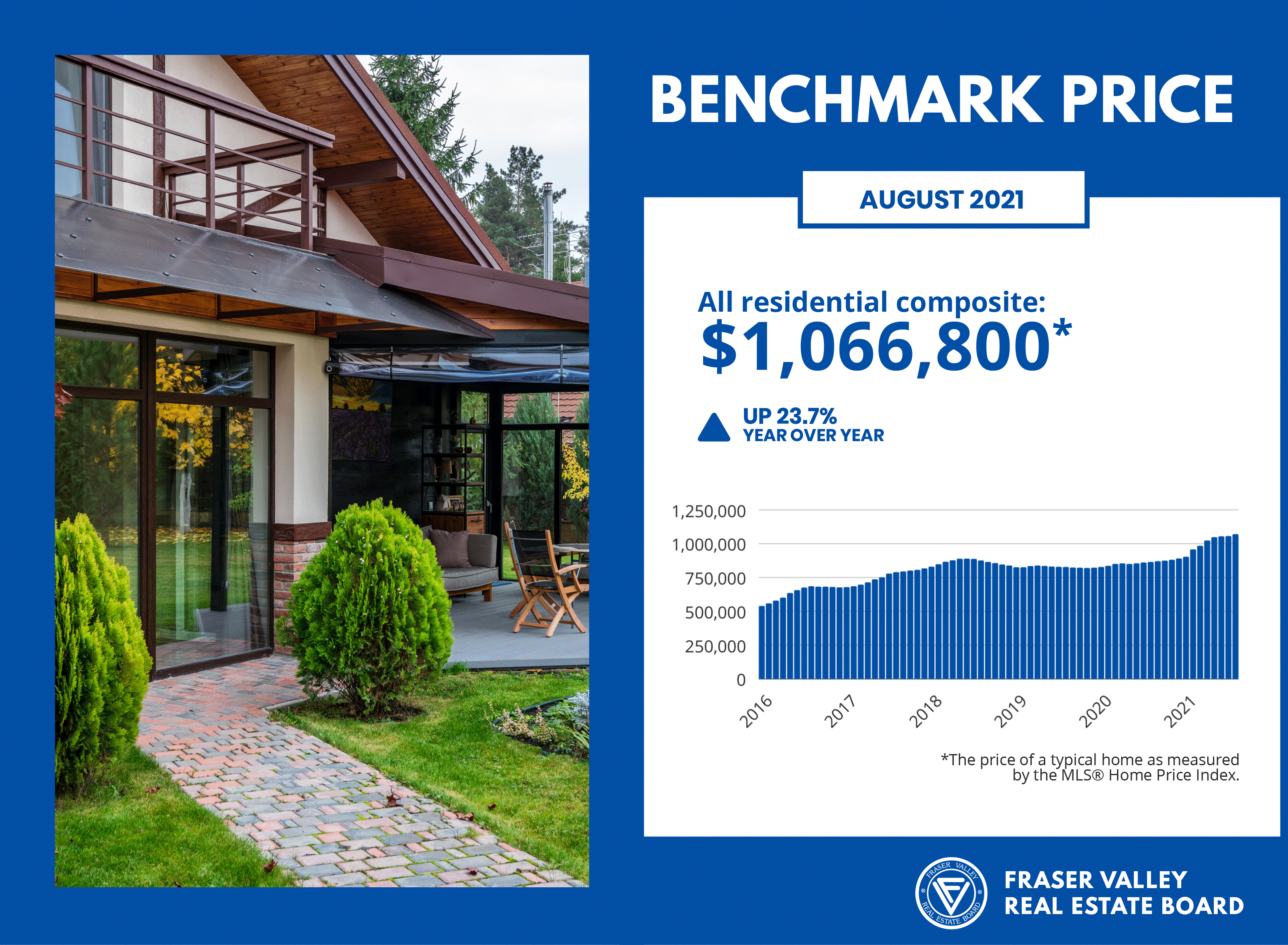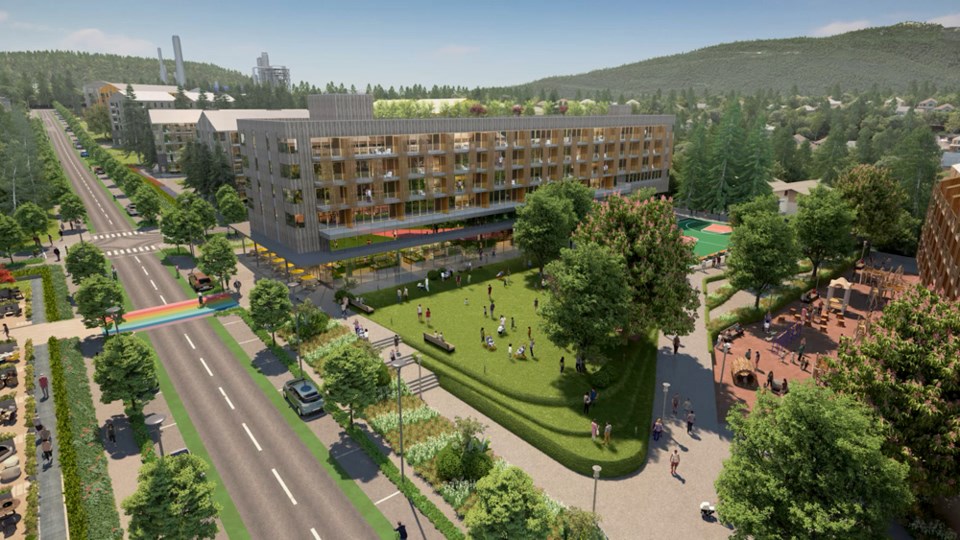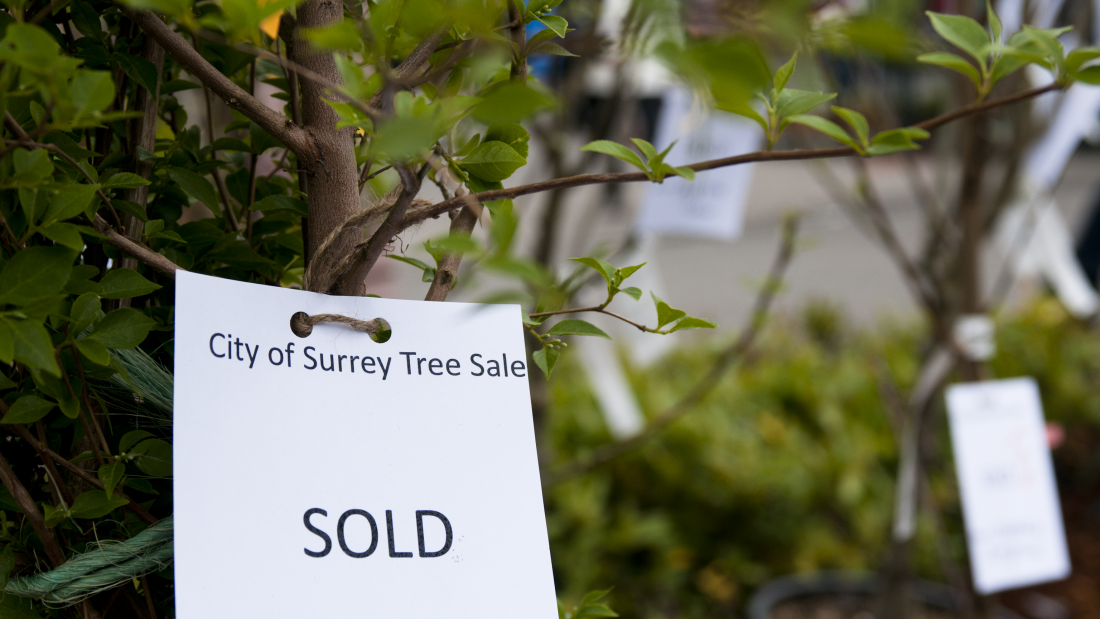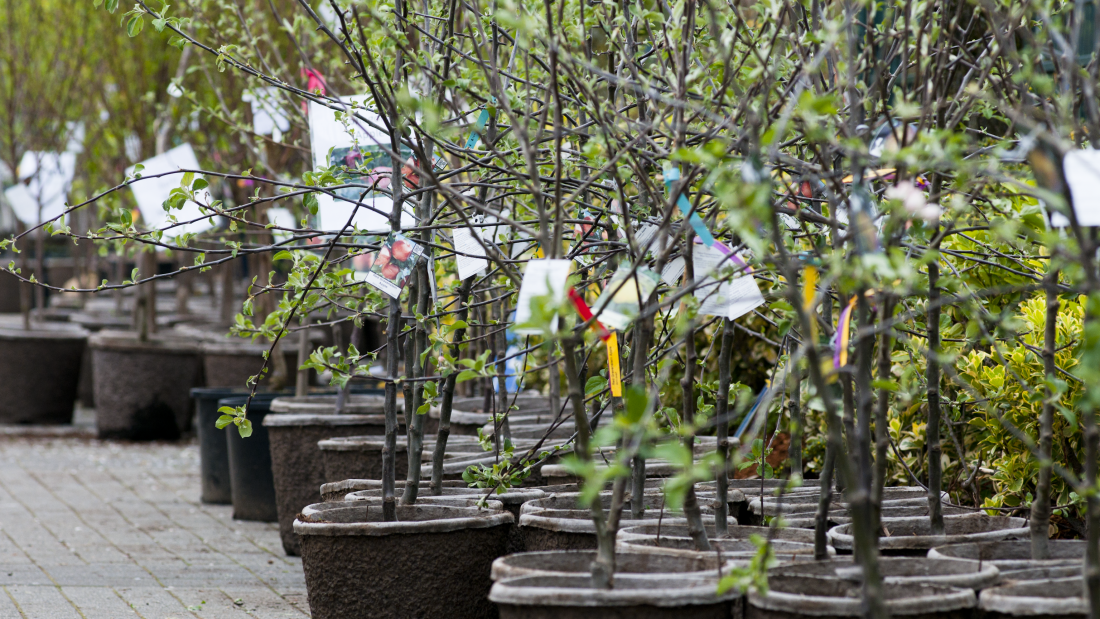Almost exactly four years after the 10-lane bridge project to replace the George Massey Tunnel was cancelled, the BC NDP provincial government signalled today it is proceeding with revised plans for a new immersed tunnel crossing.
The new toll-free tunnel is currently expected to carry a $4.15 billion cost, with construction beginning in 2026 for completion in 2030.
In contrast, the previous 10-lane bridge project carried a $3.5 billion budget, although the provincial government received bids as low as $2.6 billion. At the time of cancellation in 2017, it was just months away from commencing construction, and had it followed the original timeline, it would have reached completion in 2022. This cancelled project cost, funded by tolls, also included extensive upgrades to 24 km of Highway 99 and major new interchanges.
For the immersed tunnel option chosen, two side-by-side tubes will each contain four vehicle lanes, with two lanes dedicated for bus rapid transit. A smaller third tube with a width of five metres will be dedicated for pedestrians and cyclists.
The new tunnel will have a depth equal to that of the existing tunnel to meet navigational requirements in the Fraser River, and to reduce construction costs. It will have a length of 1.054 km, with 660 metres being the immersed tunnel segment under the river.
The footprint of the new tunnel will be upstream from the existing tunnel, which will be removed between 2030 and 2032.

Artistic rendering of the new eight-lane immersed tunnel replacement for the George Massey Tunnel. (Government of BC)

Artistic rendering of the new eight-lane immersed tunnel replacement for the George Massey Tunnel. (Government of BC)

Cross-section of the new eight-lane immersed tunnel replacement for the George Massey Tunnel. (Government of BC)
Along Highway 99 between the south end of Oak Street Bridge and Delta, $6 million will go to a new Bridgeport Road bus-only lane for completion by 2022, $88 million will go to an expanded Steveston interchange by 2025, $7 million will go to off-ramp widening on Highway 99 and Highway 17A, and $36 million will go to bus-only lanes on the shoulder along segments of Highway 99. Construction on some of these supportive projects on the highway corridor will begin later this year.
In its analysis, the provincial government also explored the option of an eight-lane, long-span bridge but determined it would cost $4.22 billion, about $70-million more than the immersed tunnel. However, it would be ready for use two years earlier, with construction beginning in 2024 for completion in 2028.
The immersed tunnel has a longer implementation timeline than the long-span bridge, partially due to the requirement of performing a new rigorous environmental assessment.

2019 artistic rendering of the new 8-lane bridge concept for the George Massey Tunnel replacement. (Government of BC)
The immersed tunnel was chosen after municipalities north of the tunnel opposed the previous concept for a 10-lane bridge by the previous BC Liberals government. After consultation with municipalities, Metro Vancouver Regional District, and TransLink, a business case supporting the immersed tunnel was finalized in Fall 2020.
“A new crossing to replace the George Massey Tunnel will improve traffic flow and make travel by transit, walking and cycling more convenient and attractive, without costing commuters hundreds of dollars a year in unfair tolls,” said Rob Fleming, BC Minister of Transportation and Infrastructure.
“We’ve worked hard to make sure this is the right project for the region, and along with the other Highway 99 improvements getting underway, we͛re getting people moving around in the region.”
This past spring, the provincial government submitted the business case to the federal government for a draft funding request.
Fleming says the provincial government’s discussions to date with the federal government to cover a share of the construction cost have been “very productive.” He described the route as a “nationally significant trade corridor,” specifically noting that it is just as important as the $3.8-billion Gordie Howe Bridge from Windsor to Detroit and the $4.2-billion Champlain Bridge in Montreal, which both received significant federal funding.

Artistic rendering of the new eight-lane immersed tunnel replacement for the George Massey Tunnel. (Government of BC)
A replacement for the 1959-built, four-lane tunnel is necessary not only to reduce congestion and introduce goods movement but also to provide the highway corridor’s critical crossing with the latest seismic design standards. On an average day, the existing tunnel sees about 80,000 vehicles per day.
“I’m so pleased to be a part of this announcement and see this project move forward to support our communities and economy. A new George Massey Crossing will deliver significant benefits for Delta residents and the entire region by addressing the traffic congestion along the crucial Highway 99 corridor,” said George Harvie, mayor of Delta.
“Advocating for an infrastructure project of this magnitude and scope requires collaboration, and today’s announcement reflects the collective effort and support of mayors and First Nations Chiefs in the region. We appreciate the opportunity to work with the provincial government in advancing this critical infrastructure project to help improve the movement of goods, people and overall liveability in the region.”

New LED lighting in the existing George Massey Tunnel. (Government of BC)
Early discussions in the rebooted planning process for the replacement crossing contemplated incorporating rail transit capabilities.
But according to the provincial government, bus transit will be more than sufficient to serve the 60-year ridership demand on the highway corridor. Rail transit has also not been identified as a priority for TransLink.
Planners believe bus rapid transit can better serve the dispersed populations in the South of Fraser communities, and services can be routed through these communities linking to the Canada Line’s Bridgeport Station.
“We did do a SkyTrain-like rail investigation, and we found that RapidBus created more flexibility and capacity for more ridership growth because the destinations vary differently. A fixed line did not provide the kinds of flexibility, it wasn’t the appropriate technology for this project,” said Fleming.
With that said, the aforementioned bus transit upgrades for the Highway 99 corridor are a downgrade from what was planned under the cancelled project. Instead of grade-separated bus transit flyover serving both Highway 99 directions between Oak Street Bridge and Bridgeport Station, ensuring optimal reliability, the revised plans now call for a ground-level bus lane only for the southbound direction from Bridgeport Road, with a signalled intersection where the bus lane meets both Sea Island Way and a bike lane.
The bus-only lanes on the shoulders of Highway 99 are also a drastic downgrade from the proper full lanes for the exclusive use of buses down the existing median of the freeway, with bus rapid transit stops at interchanges.
On top of the upcoming Highway 99 corridor upgrades, the provincial government recently completed $40 million in interim upgrades to the existing tunnel to improve its usability for the remainder of its lifespan, until the replacement tunnel is ready. This includes new LED lighting to improve visibility, and upgrades to ventilation, electrical, and drainage systems.






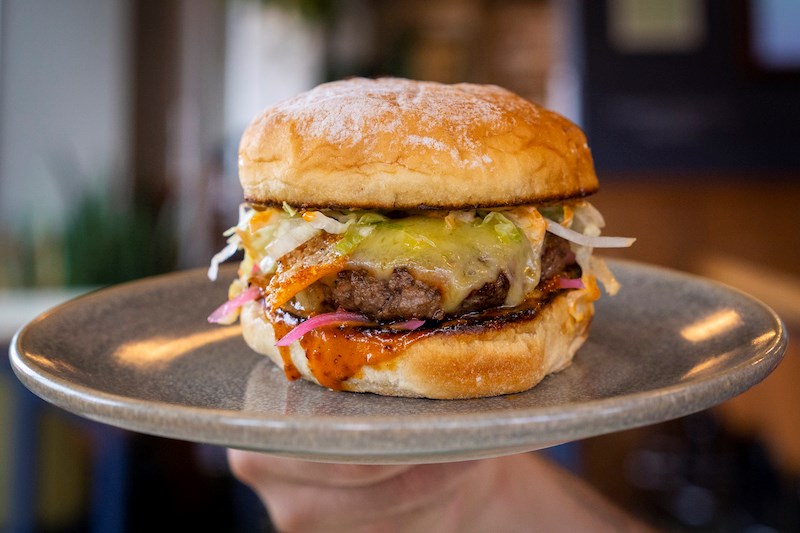 The Supreme is the Le Burger Week creation offered at Bells & Whistles' two Vancouver locations.
The Supreme is the Le Burger Week creation offered at Bells & Whistles' two Vancouver locations.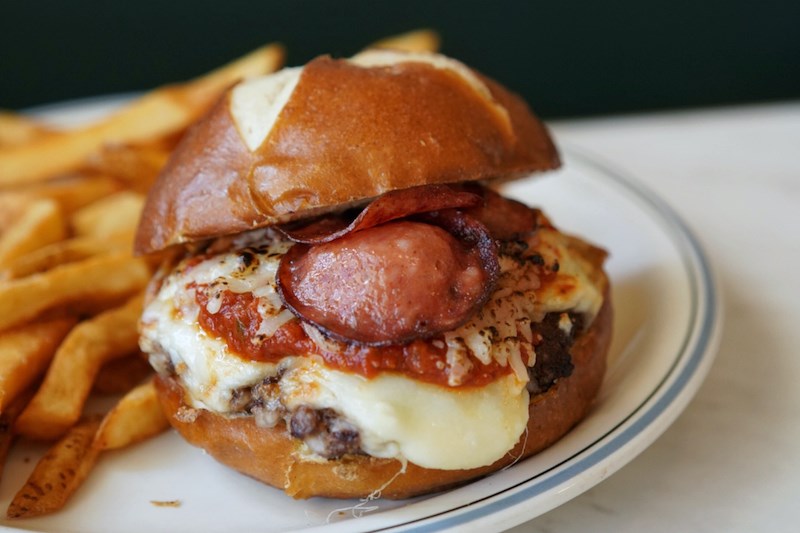 The Pizza Burger from Fable Diner in Vancouver. By Photo courtesy Le Burger Week
The Pizza Burger from Fable Diner in Vancouver. By Photo courtesy Le Burger Week




